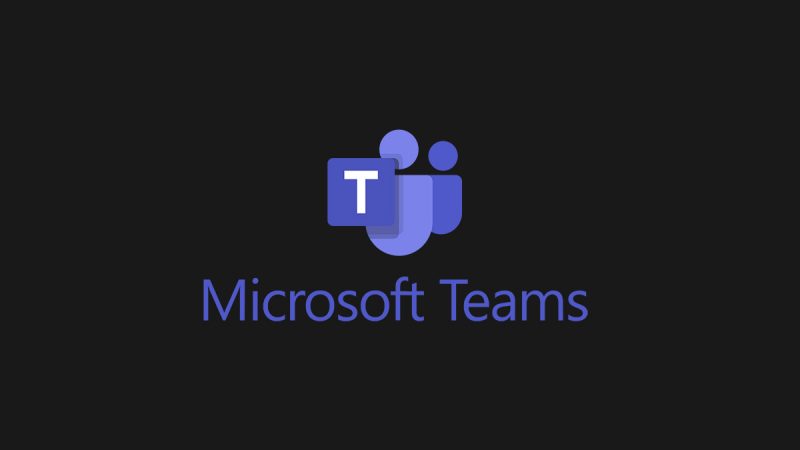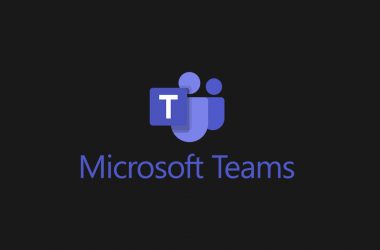In both our personal lives and at work, we’re always looking for ways to improve our productivity and efficiency. Apps redefine the realm of what’s possible to achieve through better collaboration, easy access to information, and reduction of process complexity, costs, and time.
Many companies use an average of 200-plus apps to handle everything from project management to budgeting, communications to issue reporting. And as they serve the needs of different functions across organizations, the number of apps continues to grow. Millennials and members of Gen Z, who make up more than half of today’s workforce, expect to have the same modern IT experiences in the workplace as they do in their personal lives.
To maximize the value of these tools in the workplace environment, it makes sense to make them easily accessible in a centralized location. Microsoft is designing app management tools to enable full discovery of Teams Apps by organizational users.
The management tools are based on customer feedback from recent research around the app positioning of enterprises using Teams. Through our research, we learned that nearly 50 percent of organizations are encouraging executives and end users to find apps and request them. Even for companies that tightly control the use of third-party apps, more than 60 percent say they welcome recommendations and requests from business managers and end users.

Integrating apps with Microsoft Teams can support more engaging and productive collaboration. For example, Mural— a digital whiteboard space app—creatively supports teams working in real time or asynchronously. It brings collaboration into existing workflows right within Teams, seamlessly integrating visual collaboration by being added directly into any channel, chat, meeting invite, or live video meeting in Microsoft Teams. Another app in the operational space is Atlassian’s Jira Cloud, which makes project management and issue tracking viewable across common Teams functions like chat, channel tabs, and directly within meetings. This turns chat messages into action, and users can easily update status right within Teams. Also, by bringing data, context, and logic together in one place, the Observable app helps uncover insights collaboratively and accelerate data-driven decision-making across organizations.
With nearly 2,000 continually growing collaborative apps available in Teams today, it can be difficult for IT admins to find specific apps that address various business functions. IT admins often rely on recommendations or requests from business group leaders, which makes app discovery an important feature to bridge that gap. Team members’ interest in a particular app or function serves as an important signal for admins to direct their attention and consideration to a small number of qualified apps instead of the entire Teams app catalog.
Read this Microsoft 365 blog post to learn more about using more integrated apps in your daily work.
Read full article (Microsoft Teams Blog)
All content and images belong to their respected owners, this article is curated for informational purposes only.





